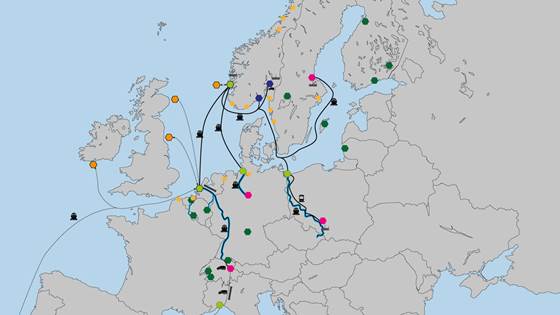
ACCSESS - Providing access to cost-efficient, replicable, safe and flexible CCUS.
Providing access to cost-efficient, replicable, safe and flexible CCUS.

Providing access to cost-efficient, replicable, safe and flexible CCUS.
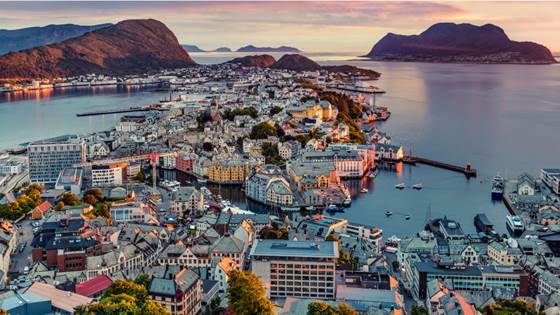
This knowledge-building project for industry developed sustainable solutions for ports as energy hubs, contributing to Norway's transition to a zero-emission society.
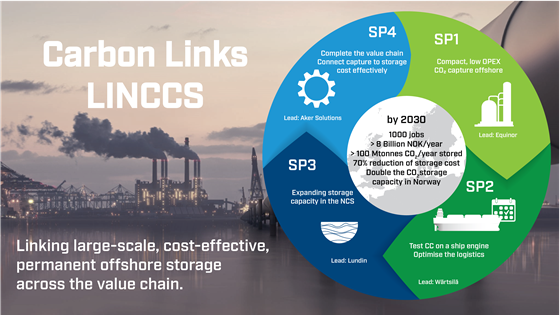
Carbon Links (LINCCS) - Linking large-scale, cost-effective, permanent offshore storage across the value chain.
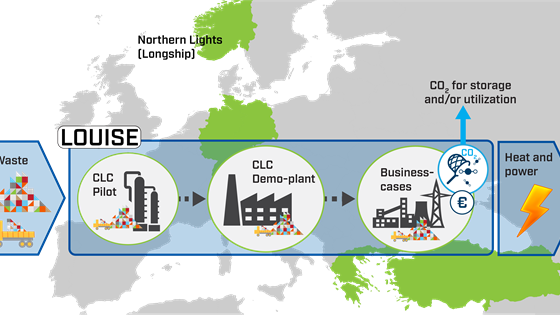
LOUISE aims to reduce the cost of CO2 capture by demonstrating an innovative method of generating power and heat from waste (and providing a concentrated stream of CO2 that can be used or permanently stored).
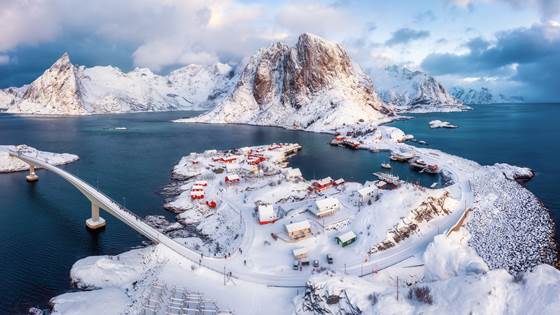
With ZeroKyst, we will strengthen Norwegian value creation and export through green growth. The project will demonstrate that both new and existing vessels in the seafood industry can be emission free and contribute to decreasing emissions from...
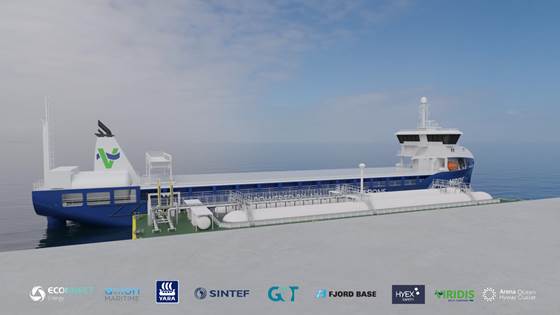
The ambition is to develop a network of terminals facilitating use of green ammonia as fuel in ships. A transition to ammonia worldwide has the potential to reduce emissions from the shipping industry by one billion tonnes of CO2 per year. The first...
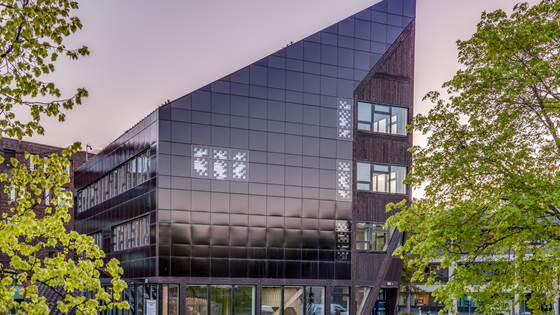
PRESAV will develop various predictive control strategies for active heat storage accounting for electricity price, district heating price, weather forecast (especially solar irradiance and outdoor temperature) and local heat demand in buildings with...
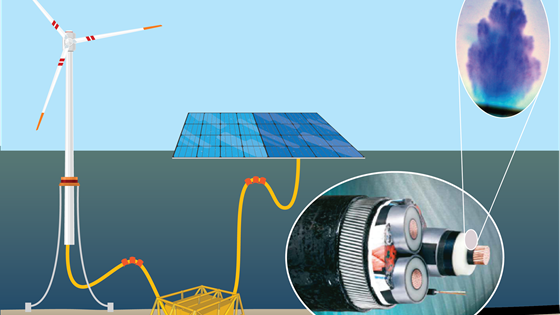
Nexans Norway, together with research partners, aim to develop the next generation lead-free power cables. In the FutureCaRe project, we will perform testing and develop modelling tools to secure high reliability and long lifetime of lead-free “wet...
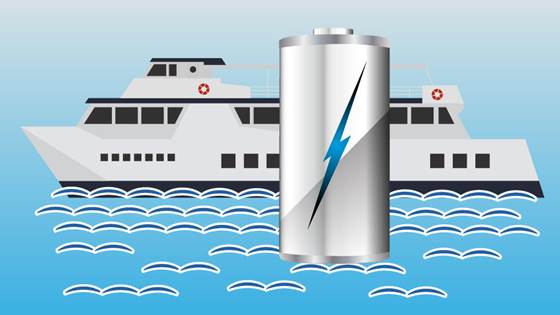
Optimizing marine battery operations using 6 years’ operational data from two commercially operating vessels.